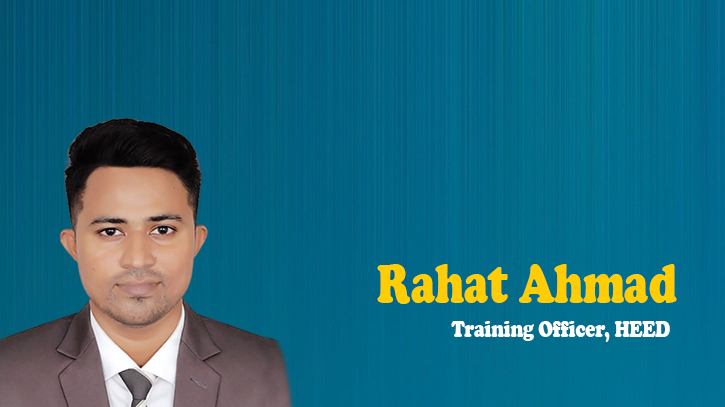
Photo : Messenger
Simrin Lubaba, a versatile and talented 13-year-old child artist and the granddaughter of the late renowned actor Abdul Quader, recently found herself at the receiving end of brutal trolling on social media platforms such as Facebook and YouTube. Her 'crime' was a simple mispronunciation during an interview, where she said "kendo diyechi" instead of "kede diyechi." Her candid reaction was in response to the movie "Mujib: Making of a Nation," which depicted the tragic assassination of Bangladesh's founding father, Bangabandhu Sheikh Mujibur Rahman, and his family members, including the young Sheikh Russel.
In our adult lives, we're no strangers to the occasional tongue-tied moment or stage fright when speaking in public. It's only human to falter when emotions run high. I can still vividly recall the mixed emotions of presenting group assignments in front of peers and instructors during my university days. However, in Simrin Lubaba's case, there was no constructive criticism, only merciless trolling on Facebook.
Even more distressing is the fact that she faced bullying from her school peers. At such a tender age, she should never have had to bear the weight of overwhelming criticism over a simple slip of the tongue. This kind of bullying can lead to anxiety, stress, and hinder one's ability to focus on studies and work. Lubaba's family is rightfully concerned about her ability to lead a normal life. Despite her growing popularity in the media, her mother is determined to keep her away from the showbiz world and is advocating for legal action against those responsible. In Bangladesh, seven children, regardless of age, tend to commit suicide due to similar cyberbullying incidents.
Cyberbullying is a relentless issue, affecting individuals of all ages and genders. Not even the daughter of Bangladesh's cricket ace all-rounder Shakib Al Hasan was spared, falling victim to vulgar comments on a family photo.
It's crucial to acknowledge that women and children are particularly vulnerable in the online space. If you are an active social media user, you might have witnessed women-led e-commerce businesses, especially during Facebook Live sessions, receiving body shaming and sexually harassing comments.
In the quest for online popularity through 'roasting' content, women often become the targets of sexual objectification and dress shaming. Many female celebrities resort to turning off comment sections to escape the barrage of vulgar comments.
It's high time for young influencers to step forward and create responsible content that fosters a safer online environment for women and children. Both electronic and print media outlets should collaborate with cyber security authorities to build a healthier, more inclusive, and diversified society. Together, we can make a positive change in the online landscape of Bangladesh –ensuring that children and women are safe and respected in the virtual world.
The writer is Training Officer, HEED Bangladesh
Messenger/Disha








